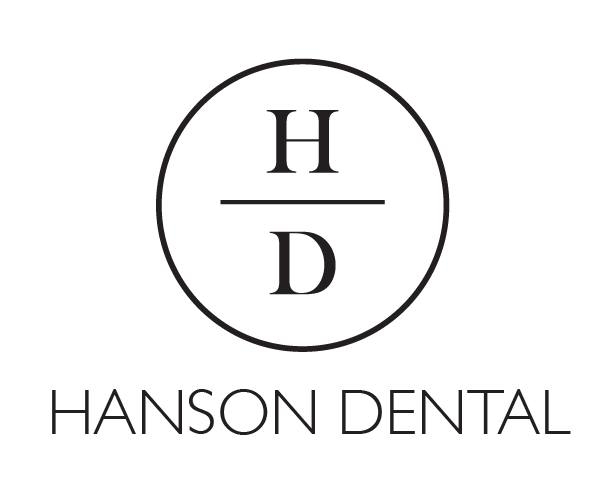Fall. A beautiful, vibrant time of year. A time filled with holidays, family, fun and laughter, when a great smile becomes something you want to share with those you love. Often, when we think of a great smile, we think only of how white or straight our teeth are. While that’s important, the health of our gums also contributes significantly to an engaging smile. As Gum Care Month, September is a splendid time to make sure you’re focusing on the health of your gums to help maintain your lovely smile. Before we give you ideas about maintaining good gum health, we’ll explain what gum disease is and debunk some myths about it.
What Exactly IS Gum Disease?
Gum disease may also be called periodontal disease. It is an inflammation of the gums that, if left untreated, can lead to the loss of the tissues that hold your teeth in place. It’s caused by plaque, a sticky film of bacteria that forms constantly on teeth. In the early stages, it’s called gingivitis, while late-stage gum disease is called periodontitis. Gum disease develops if you don’t remove plaque through daily brushing, flossing, and use of mouthwash. This plaque can cause your gums to pull away from your teeth, forming pockets in which more bacteria can collect. If you don’t remove the plaque through a good oral hygiene routine and regular visits to Hanson Dental, your favorite Buffalo, MN dental office, gum disease can progress to the point where it damages the tissues and bones that support your teeth.
Some symptoms of gum disease include:
- Red, swollen gums that bleed easily
- Gums that seem to have receded from your teeth
- Pus between your teeth and gums
- Teeth that seem loose or move away from each other
- A change in the way your teeth fit together when you bite
- A change in the way your partial dentures fit
Common Myths About Gum Disease
After sharing what gum disease is, we should clarify what gum disease isn’t. Common fallacies about gum disease include:
- Gum disease isn’t common. In fact, it is extremely common, and half of adults aged 30 or older suffer from some form of gum disease.
- If you don’t have cavities, you can’t have gum disease. Teeth and gums are two different structures. The health of one doesn’t ensure the health of the other.
- If I have gum disease, I will lose my teeth. This isn’t always true. Keeping your teeth clean and getting regular professional cleanings can help avoid tooth loss.
- Pregnancy can cause bleeding gums. Gums are very sensitive to hormonal changes, but bleeding gums should always be checked out.
- If I have a chronic illness, gum disease is inevitable. Certain health conditions like cancer, AIDS, or diabetes, or even certain medications, can increase your risk of developing gum disease, but that doesn’t mean you’ll definitely develop it.
Preventing Gum Disease
There are several important factors in preventing gum disease. The first, of course, is a good daily oral hygiene routine. Brush your teeth twice a day, floss once a day, and use a good quality mouthwash. If you smoke or chew tobacco, stop. Tobacco use increases the risk of developing gum disease. Lastly, visit your favorite Hanson Dental clinician regularly and follow their tips about improving your oral hygiene routine.
Your smile makes us smile! Schedule your check-up and cleaning appointment now to ensure that your smile is as splendid as you are!
Image credit: Unsplash.

